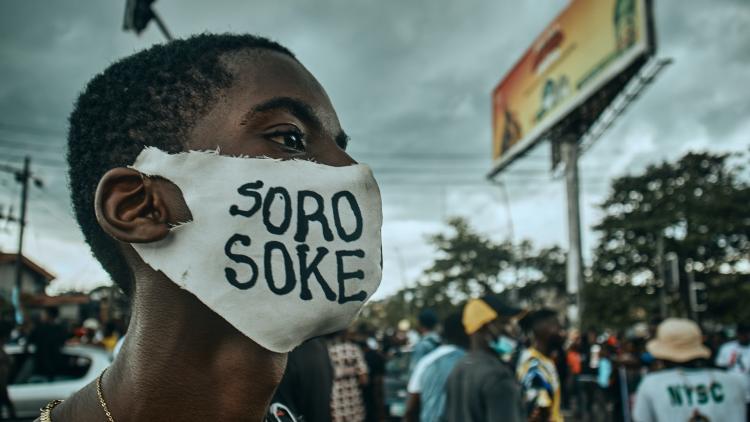Advanced Seminar in Politics, Economy and Law

Key information
- Status
- Module not running
- Module code
- 155200092
- FHEQ Level
- 5
- Credits
- 30
- Department
- School of Law, Gender and Media
Module overview
This seminar will take one primary theme each year and explore it through a transdisciplinary framework encompassing law, politics and economy. This seminar will encapsulate the spirit of the programme, which aims to develop students' capacities to think across disciplines, and to consider how each of the fields engaged - law, politics, and economy - interact with one another. This fundamental aim of the module will be achieved through examining an overarching theme through scholarly literature and case studies that incorporate the three fields. The module outline is intended to grant the convenor flexibility to change the specific themes that will be the core focus of the module year to year. For the inaugural module, the theme will be "Persons and Things". The seminar, taking the objective of decolonising the curriculum as a key concern, will explore this theme by focusing in the first term on histories of slavery. The second term will focus on the theme through an exploration of personhood and carceral cultures. How does the growth of surveillance and carceral cultures produce particular legal and political subjects and modes of governance? What is the role of digital technologies in these processes?
Objectives and learning outcomes of the module
On successful completion of this module a student will be able to:
LO1. Acquire an in-depth knowledge of how legal structures and law, the economy and the political world have shaped historical institutions such as slavery, and how their legacies continue into the present in the politics of the prison and movements for reparations.
LO2. Display an advanced understanding of how law buttressed the slave trade but was also central to the abolitionist movement
LO3. Demonstrate a deep knowledge of how contemporary carceral cultures are connected to the history of slavery
LO4. Demonstrate knowledge of the way in which a jurisprudence of commercial and maritime law developed in order to support the slave trade, and the political rationalities that underpinned them;
LO5. Acquire an indepth knowledge of the growth of the 'prison-industrial complex', including the different scales of law and economy that are central to its operation in various juridictions (the UK and the US);
LO6. Demonstrate knowledge of issues and the scholarship of BME scholars, central objectives of the decolonising the curriculum agenda
Workload
- Weekly 3 hour seminar
Scope and syllabus
TERM 1:
Histories of the Trans-Atlantic Slave trade (3 weeks)
Legal & Financial dimensions of slavery (3 weeks)
Contemporary Legacies: architecture; financial services; universities (2 weeks)
Abolition & Reparations Movements (2 weeks)
TERM 2:
Carceral Cultures; the birth of the prison (2 weeks)
Guest Lecturer: Prison Education & Activism (1 week)
Convict Labout & The Penal Colony (1 week)
Surveillance and Digital Technologies (2 weeks)
Policing the Crises (US, UK & Palestine 2 weeks)
Abolition Geographies and Abolition Feminism (2 weeks)
Method of assessment
- Oral presentation on one of the assigned readings: 10%
- Take Home Exam: 70%
- Written Essay - 2000 words: 20%
Suggested reading
1. Peter Fryer, Staying Power: The History of Black People in Britain (London: Pluto (2010))
2. Paul Gilroy, There Ain't No Black in the Union Jack: The Cultural Politics of Race and Nation (London: Routlege, 2002)
3. Legacies of British Slave-Ownership: Colonial Slavery and the Formation of Victorian Britain (Cambridge: Cambridge University Press, 2014)
4. Ruth Wilson Gilmore, Golden Gulag: Prisons, Surplus, Crisis and Opposition in Globalizing California (Oakland: University of California Press, 2007)
5. Angela Y. Davis, Are Prisons Obsolete? (New York: Seven Stories Press, 2003)
6. Simone Browne, Dark Matters: On the Surveillance of Blackness (Durham: Duke University Press, 2015)
7. Foucault, Disipline and Punish: The Birth of The Prison (London: Penguin, 1991)
8. Sophie Noble, Algorithms of Oppression: How Search Engines Reinforce Racism (New York: NYU Press, 2018)
Disclaimer
Important notice regarding changes to programmes and modules


